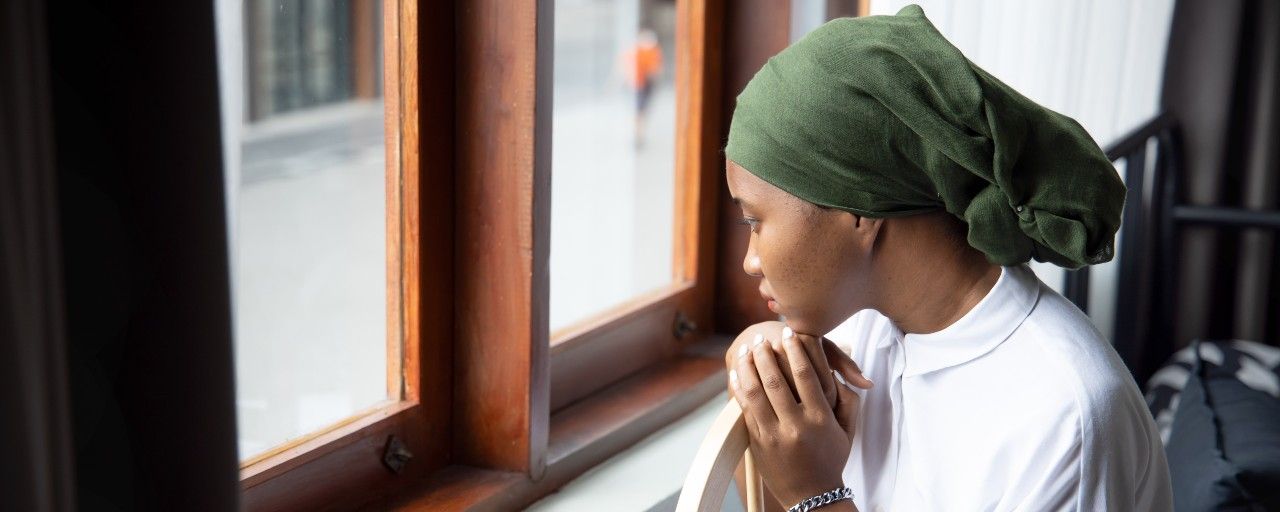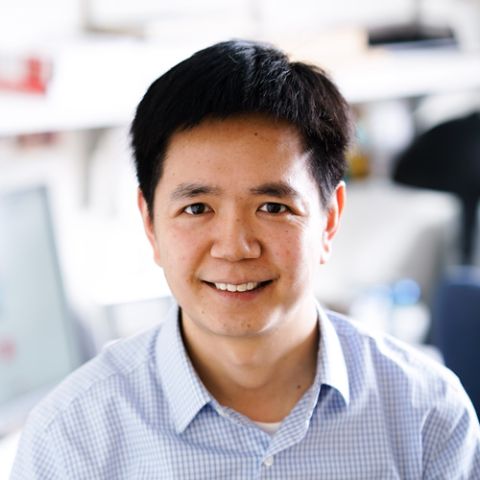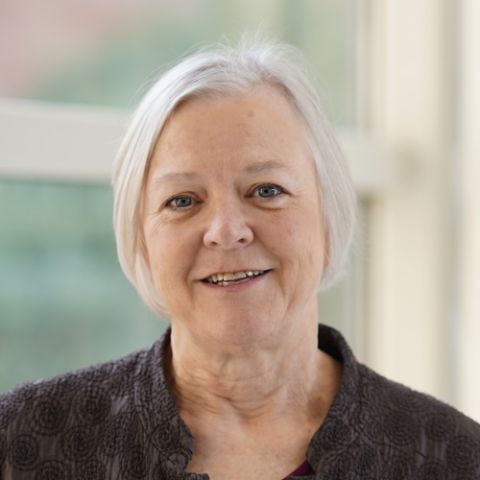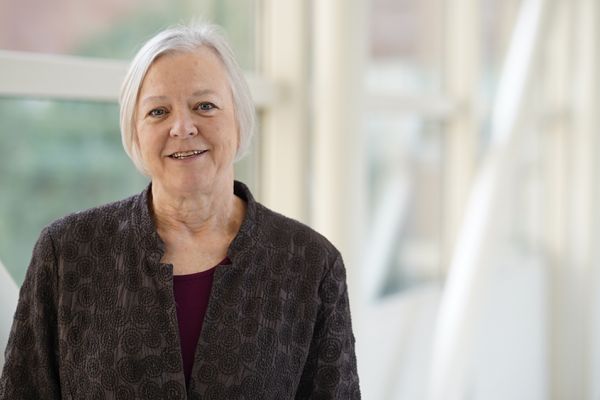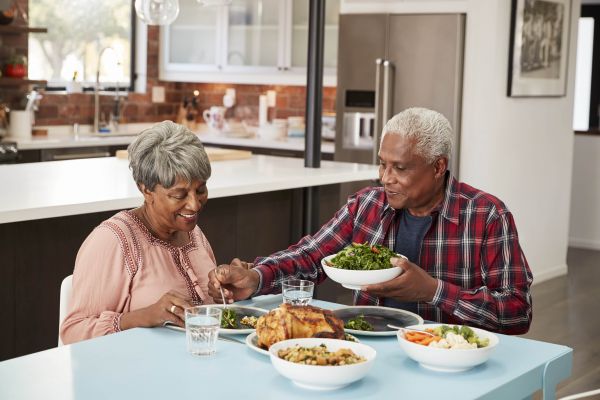New research led by two epidemiologists at Roswell Park Comprehensive Cancer Center may lead to using immunotherapy to treat Black women with aggressive breast cancer.
The study, led by Song Yao, PhD, and Christine Ambrosone, PhD, found that Black women tend to have not only more aggressive types of breast cancer but also a higher number of “exhausted” T-cells, meaning their immune system has a harder time fighting the disease.
The study began as the result of conversations among specialists at Roswell Park.
“This evolved over many years. I had been interested in why Black women are more likely to have more aggressive tumors, and it’s the same with prostate cancer — Black men are more likely to have more aggressive tumors,” says Dr. Ambrosone, Chair of Cancer Prevention and Control, and Senior Vice President of Population Services at the center. “They tend to develop more aggressive tumors, are diagnosed at a younger age, and the tumors grow more quickly.”
Drs. Ambrosone and Yao developed a hypothesis that the higher rate of aggressive tumors in Black women compared with white women might have something to do with their immune system. Using breast tumor samples from a large study they conducted in Black and white women, they found a higher concentration of immune cells in breast tumors in Black women.
But that was puzzling: "Why should more immune cells, which should be good for patient survival, be associated with worse survival rates?” Dr. Yao asks.
Research often leads to more questions — and more studies
A second part of the study, created to look into the characteristics of the immune cells, found a higher rate of exhausted T cells, which "don’t work as well” at fighting cancer, Dr. Yao says.
“We found that some cells that are supposed to fight against cancer cells, called CD8+ T cells, are more likely to become exhausted in Black cancer patients and therefore lose their ability to control the tumors. We think T-cell exhaustion contributes to the worse survival rates.”
This led to a new hypothesis: If the exhausted T cells could be reactivated through the use of checkpoint inhibitor therapy, a type of immunotherapy treatment, might that tactic help fight these tumors?
Exhausted cells can be reinvigorated, and using immunotherapy to do so has proven effective in many types of cancer, including triple-negative breast cancer, Dr. Yao says.
Right now it's an open question whether that approach might help Black women with aggressive breast cancer, but it’s one the Roswell Park researchers hope to explore. There are hurdles to clear first: To help fund their research, they will need to land a grant that they drafted in partnership with the University of Rochester. It has been favorably reviewed by a panel of experts; now they're just awaiting approval from the National Cancer Institute. Also, historically it has been difficult to enroll Black patients in cancer research studies.
“There’s another side of it, too, that if a person has a more robust immune system, she might face higher toxicity from immunotherapy,” Dr. Yao says. “If you want to boost the immune system to fight cancer, it might cause more adverse effects. Black patients might have more side effects from treatment than other patients because of how their immune systems work. That’s another open question.”
Never miss another Cancer Talk blog!
Sign up to receive our monthly Cancer Talk e-newsletter.
Sign up!Next steps toward finding answers
Funding for the study would make it possible to enroll Black and white patients across the country with not only breast cancer but also many other types of cancer, which would provide more data in a shorter time than if Roswell Park researchers conducted the study alone. The study would continue to compare data from Black and white patients and look at differences in toxicity outcomes for those treated with immunotherapy.
“Our research so far has been observational and looking to see if there are any associations,” Dr. Ambrosone says. “It’s a long way between that and actual implementation of results by way of new treatment options, but it informs where we need to go next.”
She and Dr. Yao are excited to get started on this next phase of research and eager to see what they can learn to help women have better outcomes.
“It’s just great to start with a hunch and do observational research and have it lead to findings that really might be clinically relevant,” Dr. Ambrosone says. “That’s why we do research; we have to look for ways to make an impact on people’s lives and help end their cancer.”
